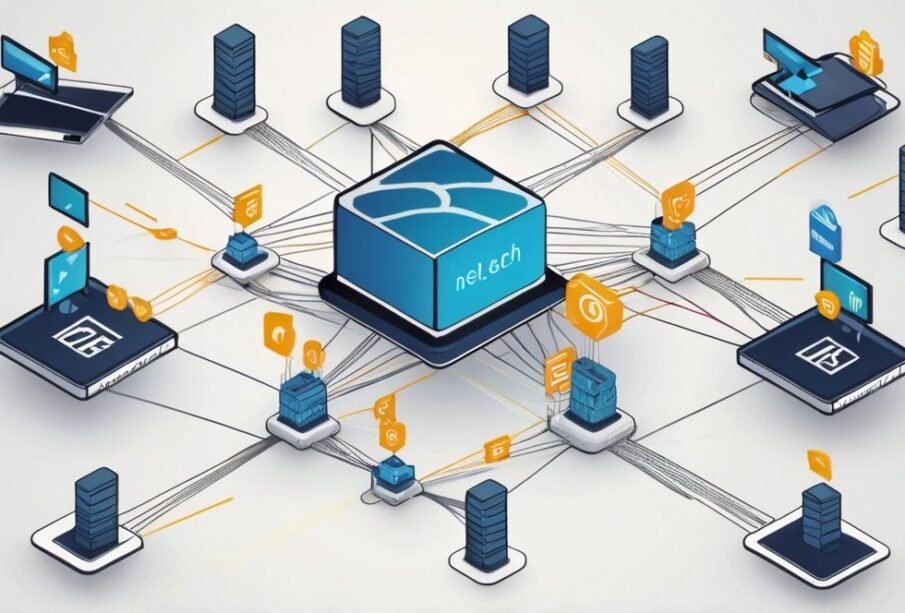
This post was originally published on cryptonewsfarm.com
Optimism Takes a Step Towards Decentralized Future with “Stage 1” Launch
Optimism, a popular Ethereum layer-2 scaling solution, has taken a significant step towards decentralization with the implementation of “fault proofs” in its smart contracts. This move marks the network’s achievement of “Stage 1” on a roadmap laid out by Ethereum co-founder Vitalik Buterin.
Fault proofs are a critical security feature that allows users on Optimism to directly initiate withdrawals of Ether (ETH) and ERC-20 tokens without relying on a trusted third party. Additionally, these proofs empower users to challenge and remove any invalid withdrawals attempted by the network’s sequencer, a program responsible for ordering transactions.
However, the system isn’t foolproof. While the default power for validating withdrawals now rests with users, the Optimism Security Council can still override fault proofs with a six-out-eight majority vote. This council acts as a safeguard against potential bugs or unforeseen circumstances.
The long-term vision, as outlined by OP Labs, is to reach “Stage 2” of decentralization. This stage would see the Security Council’s power to intervene significantly reduced, only applicable in scenarios where multiple fault-proof systems produce conflicting results due to a software bug.
The newly implemented fault-proof system, dubbed “Cannon,” is a collaborative effort between several teams, including OP Labs, Base network, and Sunnyside Labs. The decision to integrate this system was approved through Optimism’s governance process involving both the Token House and Citizens’ House.
While Cannon is the current solution, Optimism has its sights set on achieving “multi-proof nirvana” in the future. This ambitious goal involves utilizing multiple fault-proof systems simultaneously, further solidifying the network’s security and ensuring only valid transactions are confirmed.
OP Labs assures users that the implemented code is secure, with safeguards in place for the Security Council to take swift action if any critical bugs emerge. However, such intervention would require resetting withdrawals and reproving all pending transactions.
Optimism’s founder, Karl Floersch, acknowledges the challenges of achieving decentralization. “Building any proof system is incredibly complex,” he stated, emphasizing the need for robust security measures. “We’re not there yet, but we’re making significant progress.”
Floersch expressed optimism (no pun intended) about the network’s swift transition to “Stage 2” now that Stage 1 is complete. He highlighted the presence of various client implementations and the ongoing development of additional fault-proof systems to solidify decentralization.
Source Link
Author: Sb
ChatGPT Challenges Google with AI-Powered Search
July 26, 2024
Comments are closed.
Bitcoin News
Most Viewed
-
ChatGPT Challenges Google with AI-Powered Search
July 26, 2024











